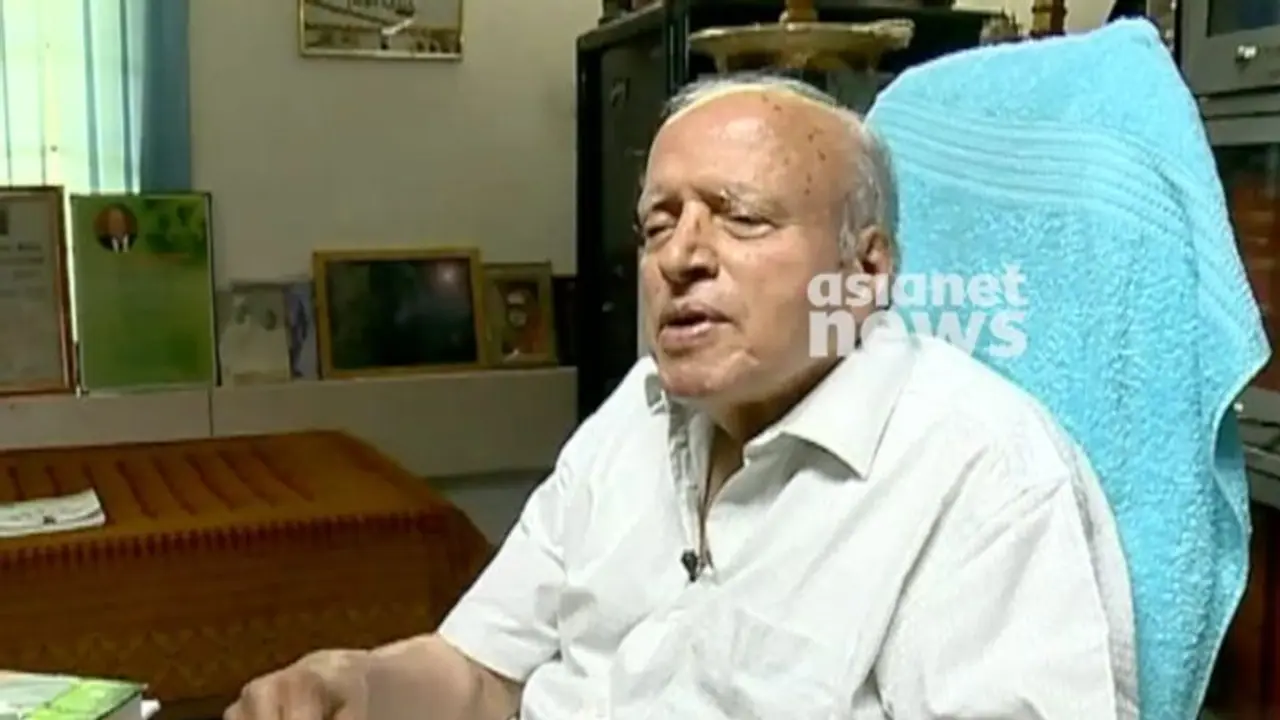The father of India's Green Revolution M S Swaminathan passed away at 98. Swaminathan played a key role in the development of high-yielding paddy varieties.
Chennai: The father of India's Green Revolution M S Swaminathan passed away on Thursday at around 11.20 in Chennai. He was 98. In order to ensure that India's low-income farmers produce higher yields, Swaminathan played a key role in the development of high-yielding paddy varieties.

After receiving the first World Food Prize in 1987, Swaminathan established the MS Swaminathan Research Foundation in Chennai. Swaminathan has received numerous honours, including the Ramon Magsaysay Award from 1971 and the Albert Einstein World Science Award from 1986.
Swaminathan and Norman Borlaug's joint scientific efforts, supported by public policies, led a broad movement with farmers and other scientists to prevent famine-like circumstances in India and Pakistan in the 1960s. Due to his leadership while serving as Director General of the International Rice Research Institute (IRRI) in the Philippines, he was awarded the first World Food Prize in 1987, which is regarded as the Nobel Prize or the highest distinction in the agricultural industry. He earned the title of "the Father of Economic Ecology" from the United Nations Environment Programme.
He has served as president of both the International Union for Conservation of Nature (IUCN) and the Pugwash Conferences.
In 1990, he came up with the phrase "Evergreen Revolution" to express his idea of "productivity in perpetuity without associated ecological harm." Between 2007 and 2013, he received a nomination for one term in the Indian Parliament. He introduced a law for the acknowledgment of women farmers in India while he was in office, but it was not passed.
At the Indian Agricultural Research Institute (IARI), Swaminathan founded the Nuclear Research Laboratory (NRL). He contributed to and supported the establishment of the International Council for Research in Agro-Forestry (ICRAF) in Kenya, the International Board for Plant Genetic Resources (IBPGR) in Italy, and the International Crop Research Institute for the Semi-Arid Tropics (ICRISAT) in India. For China, Vietnam, Myanmar, Thailand, Sri Lanka, Pakistan, Iran, and Cambodia, he supported research and assisted in the development of a number of institutions.[
Swaminathan was born in Kumbakonam, Madras Presidency on 7 August 1925. His ancestral house is located in Alappuzha district, Kerala.
